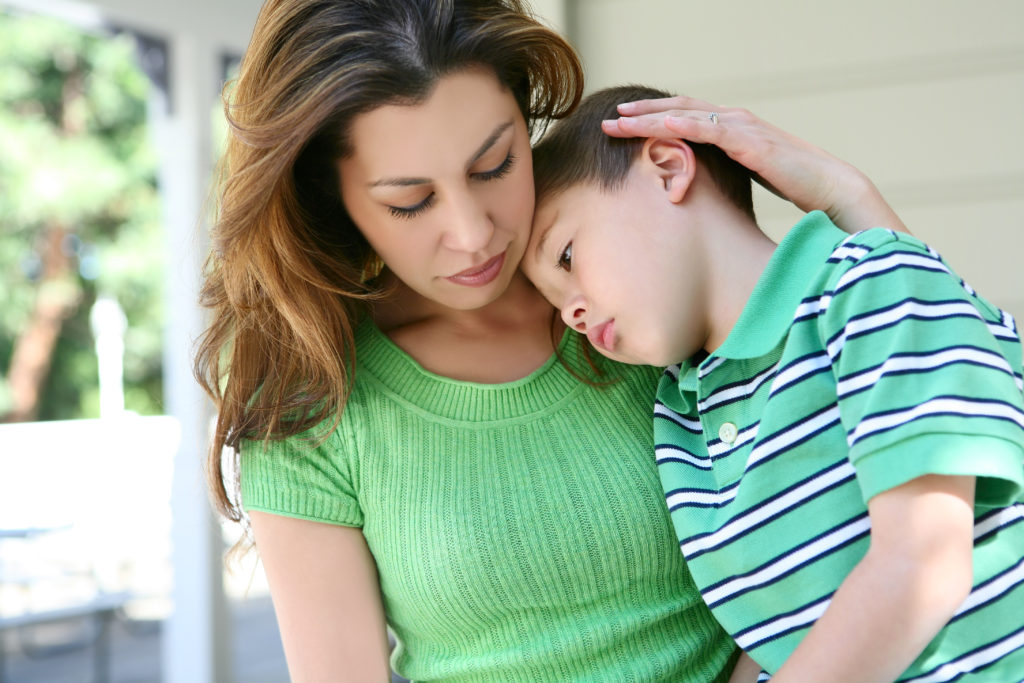Blog
From the Desk of Stacy Johnson: Bullying Is on the Rise Amid COVID-19

Stacy Johnson, Senior Director
Family and Community Engagement
As our youth are dealing with the COVID-19 pandemic, bullying is on the rise—especially cyber bullying—perhaps because youth cannot engage in their normal activities or spend time with friends and family like they had been used to before the lockdown. For many, going out with friends, playing sports and even attending school came to a drastic halt.
There has been a 70% increase in cyber bullying, a form of bullying that utilizes electronic communication to bully a person, typically by sending messages of an intimidating or threatening nature. Social media, email and texting are some common vehicles for cyber bullying, and children may be reluctant to admit to being bullied. National crises like the pandemic put everyone on edge, and our youth are no exception to this.

This pandemic is stressful and confusing, and when kids begin to feel this way, it can lead to acting out, lashing out at others, risky behaviors and misunderstandings among peers. Youth who are isolated due to lack of technology access tend to feel even more isolated because they do not know what is happening outside their homes, and they feel out of the loop. When they eventually gain online access, they may end up being mean and making cruel comments to their peers out of frustration (Zhan, Ren, Fan, & Luo, 2015).
Parents are trying their best to work from home with their children all day, then cyber bullying gets thrown into the mix and children and their families now have added stressors. People wonder what can be done, and parents need to be mindful of what their children are doing online, have guidelines, and talk about stressors and emotions. The most important thing to remember is that, yes, there is a pandemic happening and we all need to be safe and follow CDC guidelines, but there are still ways to connect with friends and family in a safe manner instead of feeling the need to isolate.

Kids can connect with friends outside while remembering to: wear their masks, keep their distance and wash or sanitize their hands. Or they can meet online at certain times a few days a week. This allows for kids to have time with friends and can possibly reduce cyber bullying. To help our youth adjust, we must calmly remind them that, while it may appear the world is ending, it isn’t, and we just have to adjust and do things differently. Always talk to your youth and be firm that bullying of any type is harmful and not acceptable, and encourage them that if they are bullied, they need to tell you or someone else they trust.
Reference
Zhan J., Ren J., Fan J., Luo, J. (2015). Distinctive effects of fear and sadness induction on anger and aggressive behavior. Front Psychol. 6:725. doi:10.3389/fpsyg.2015.00725